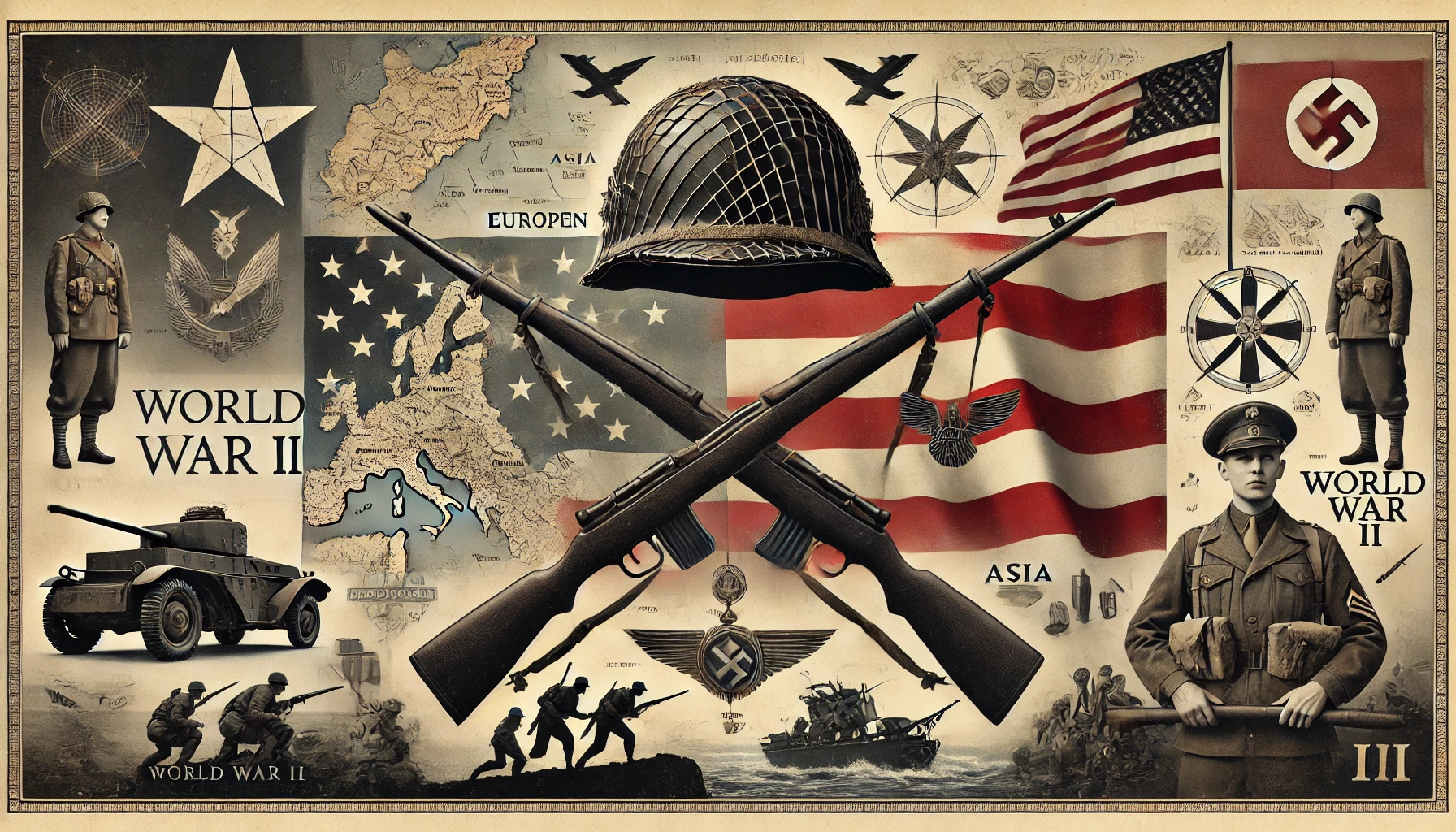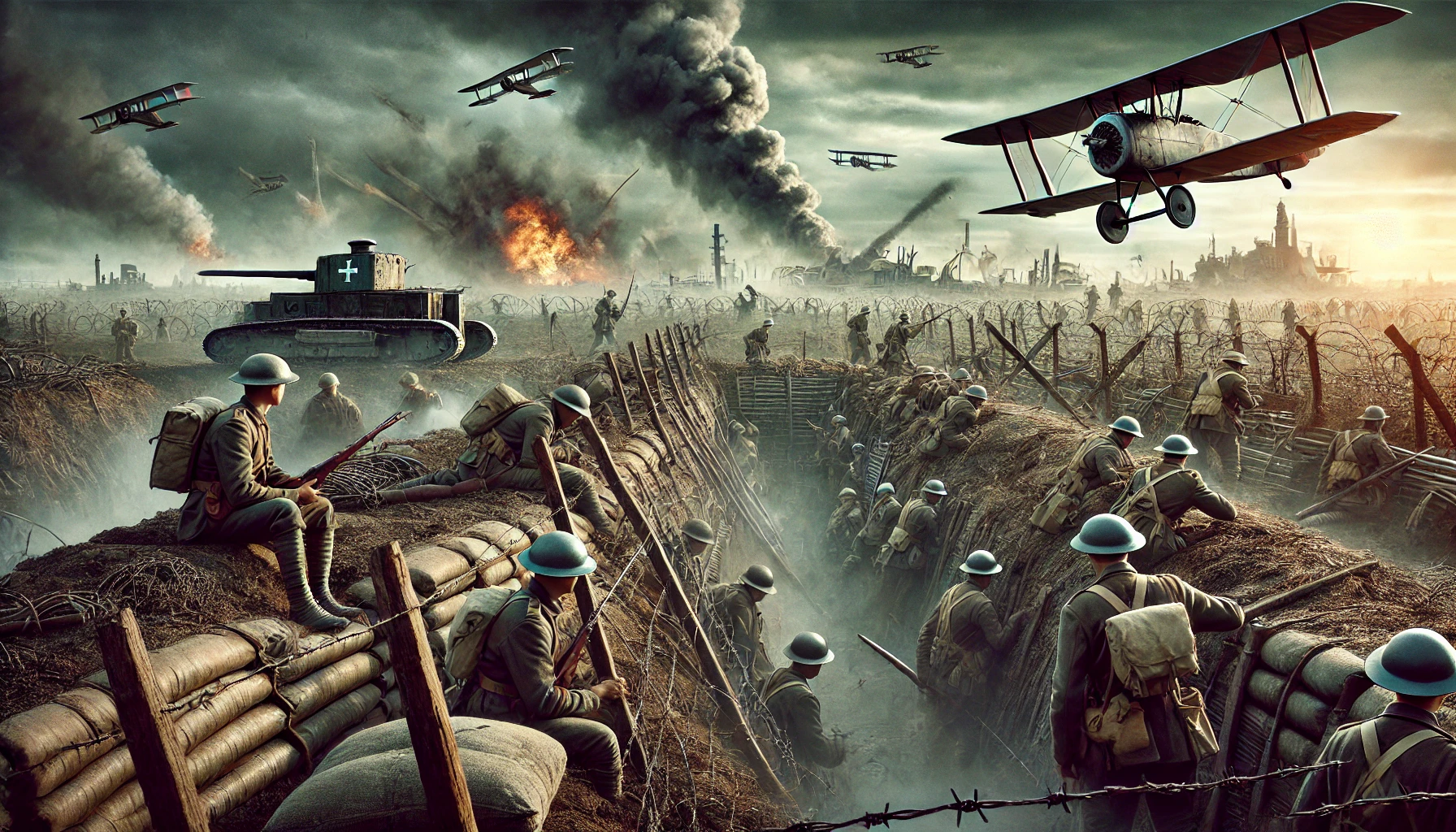Home
In the Shadow of War: Stories from World War I, II, and Beyond
Explore the untold stories and strategic battles that defined World War I, World War II, and other major global conflicts.
World War 1 and World War 2 Explained
Categories
Gallery
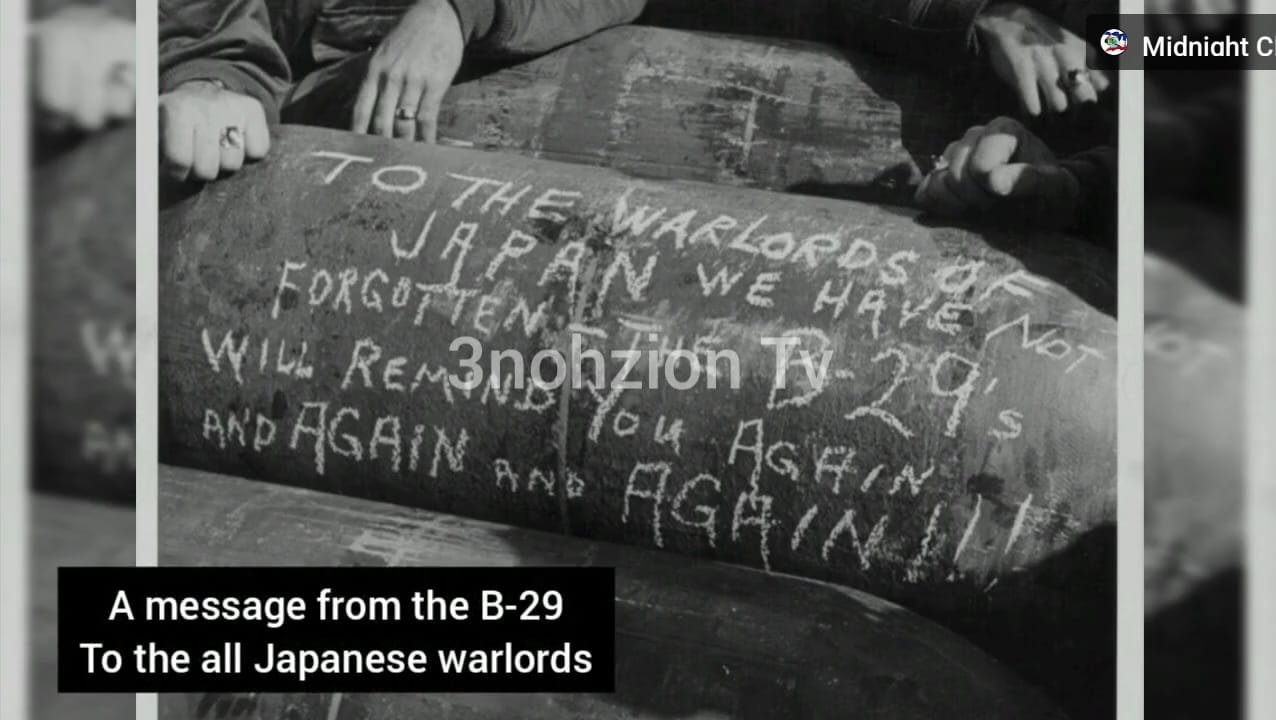
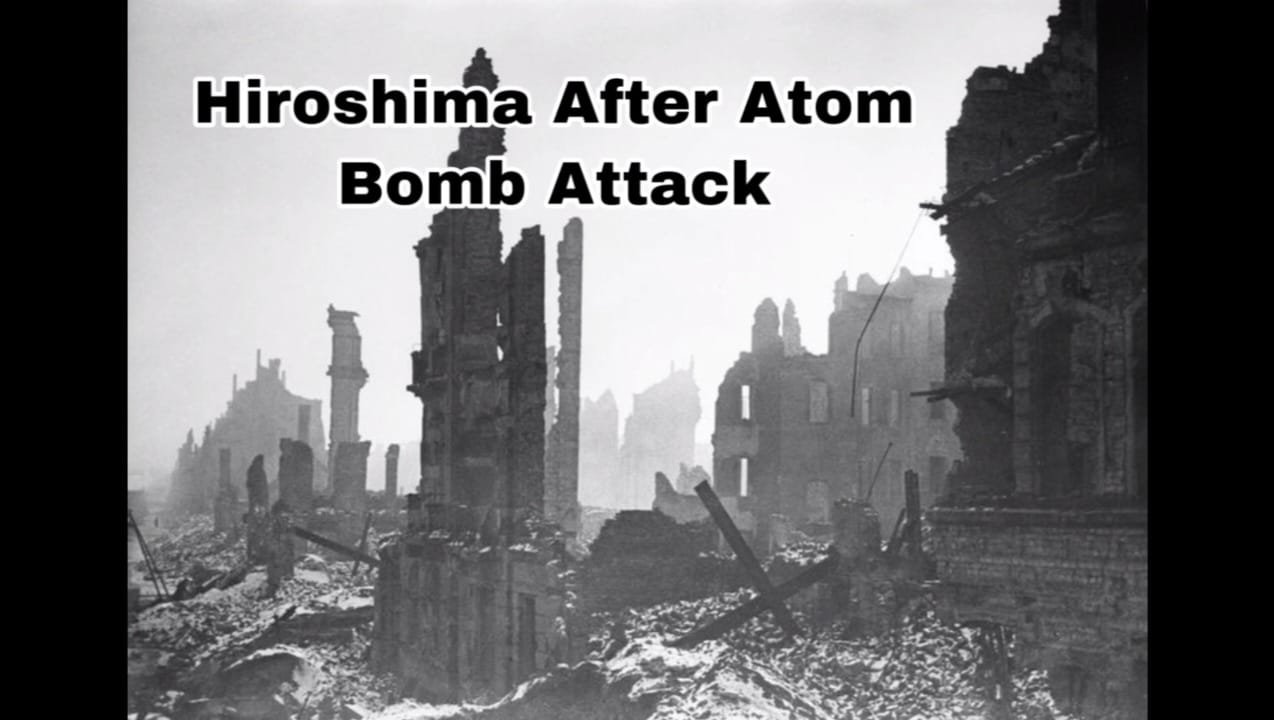
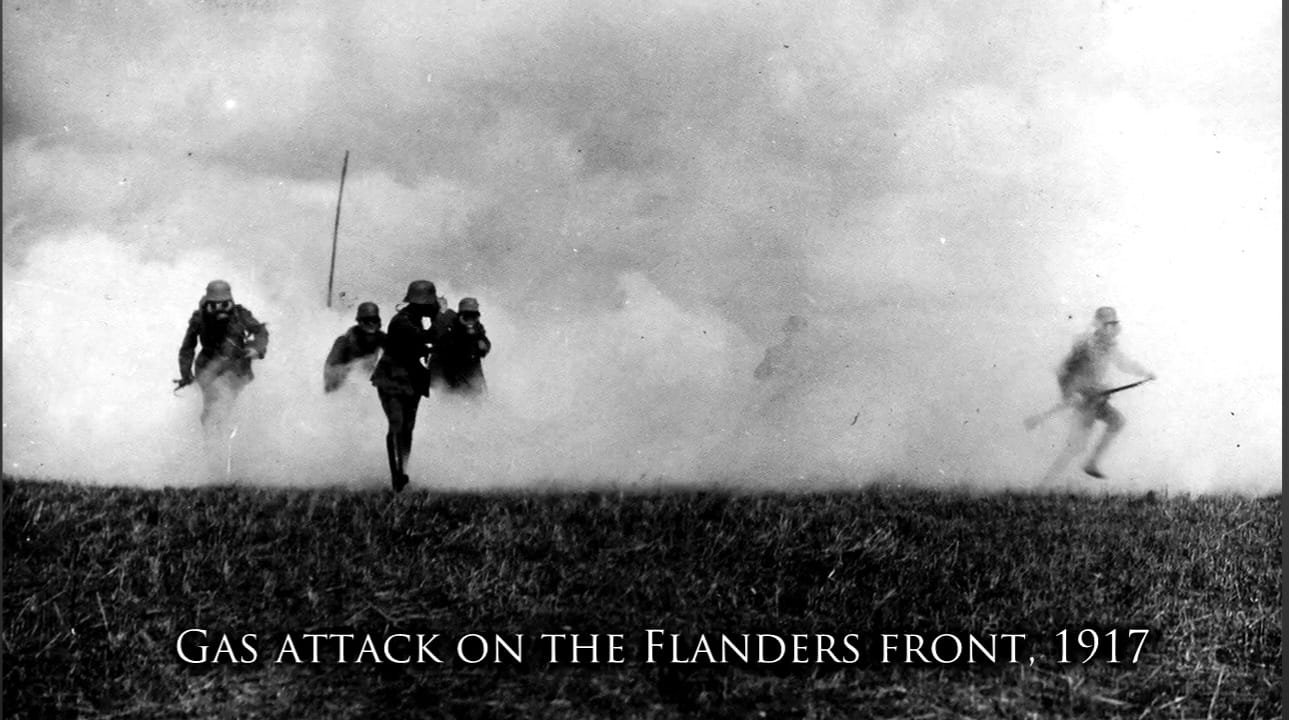
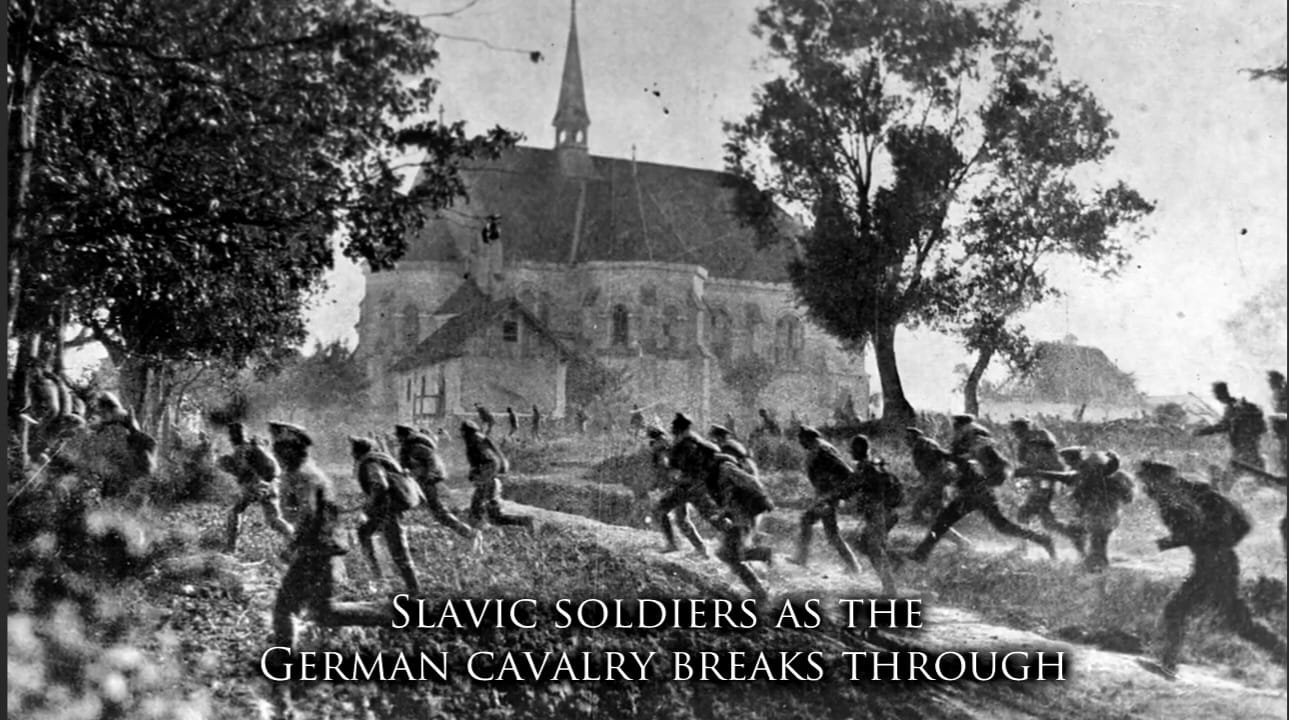
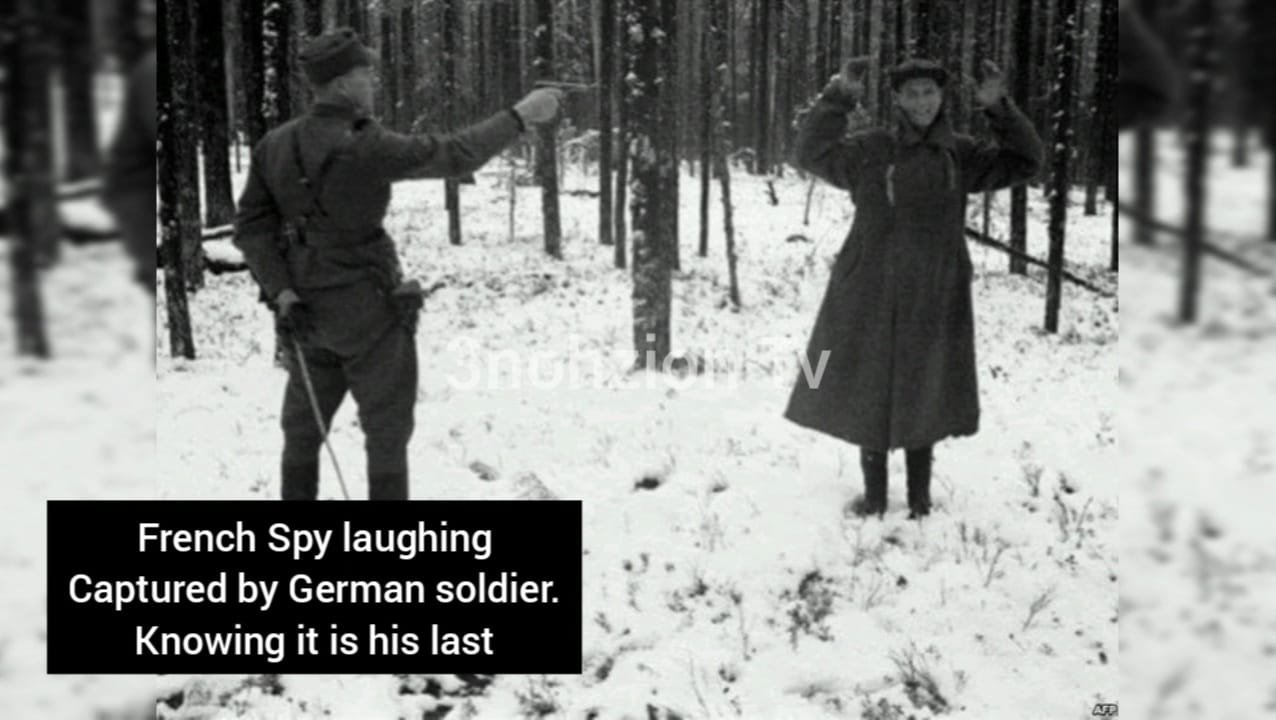
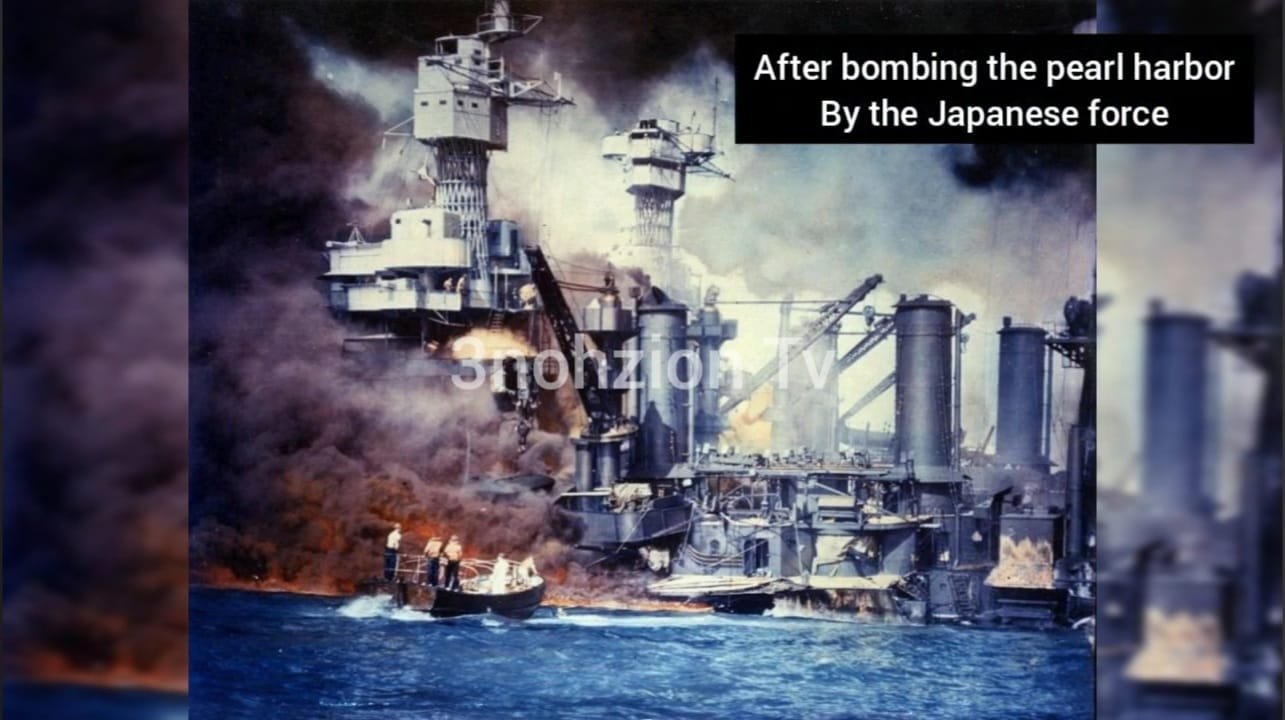

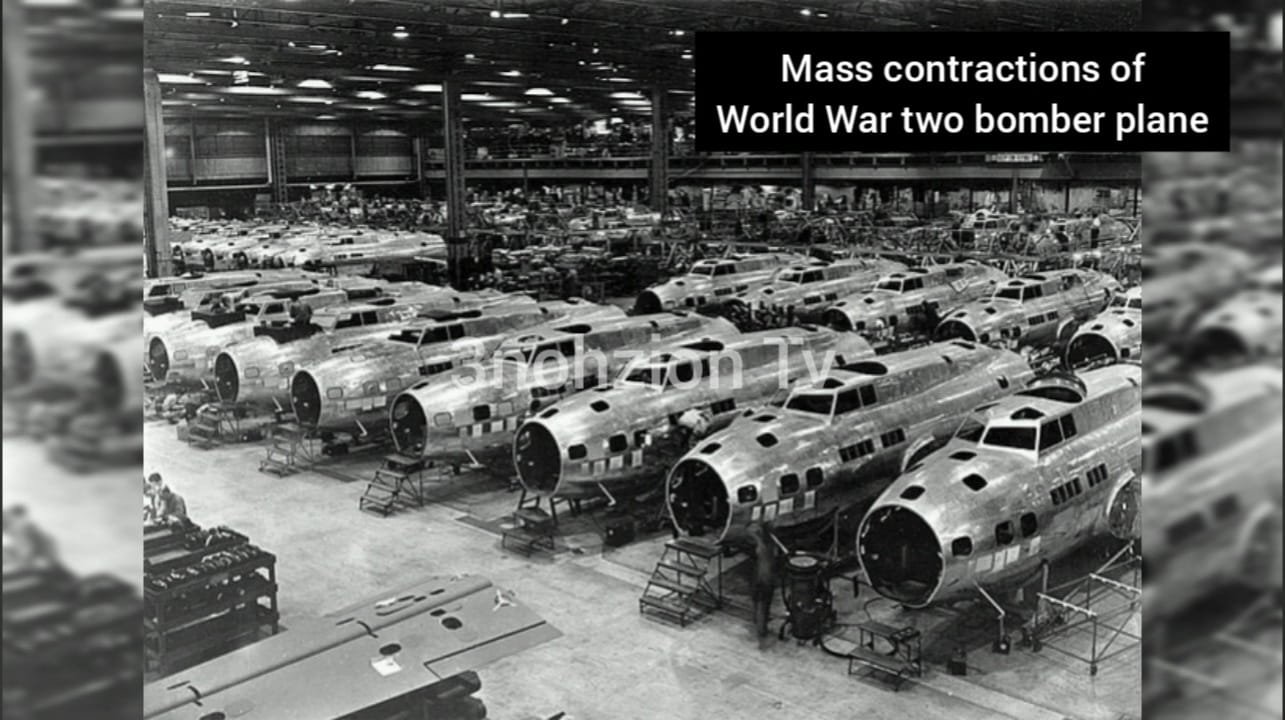
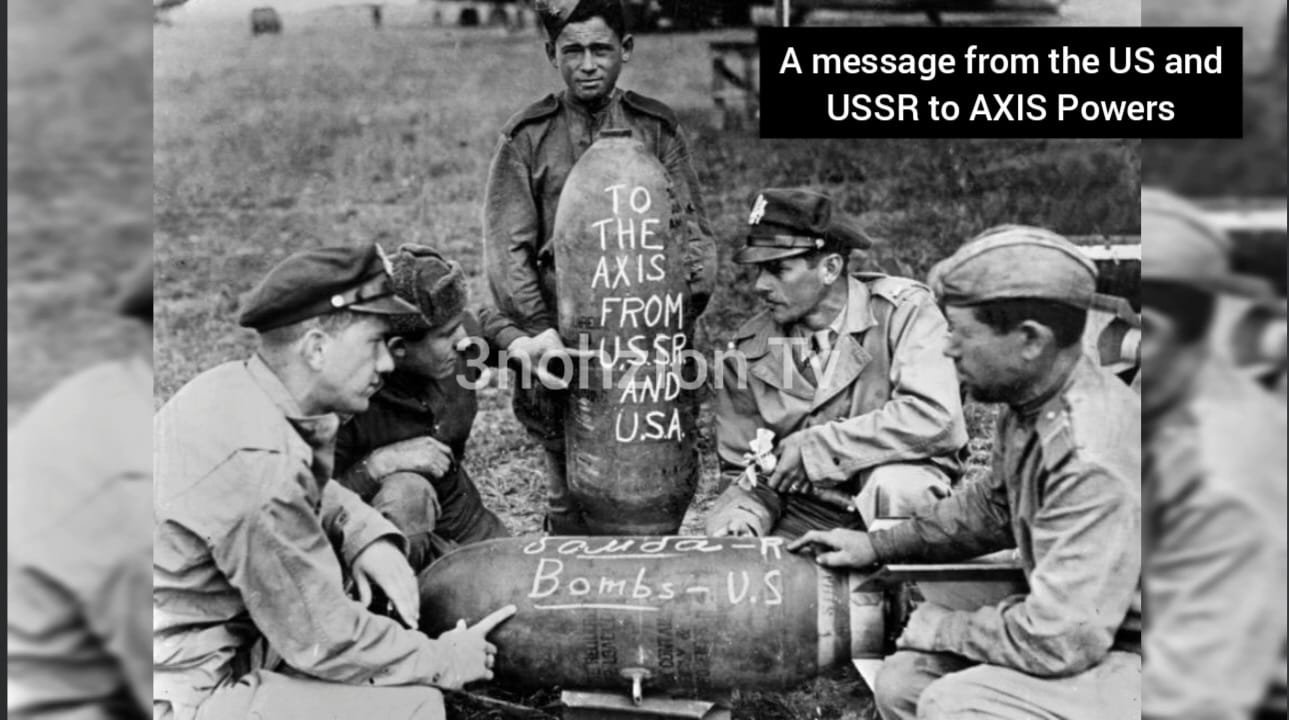
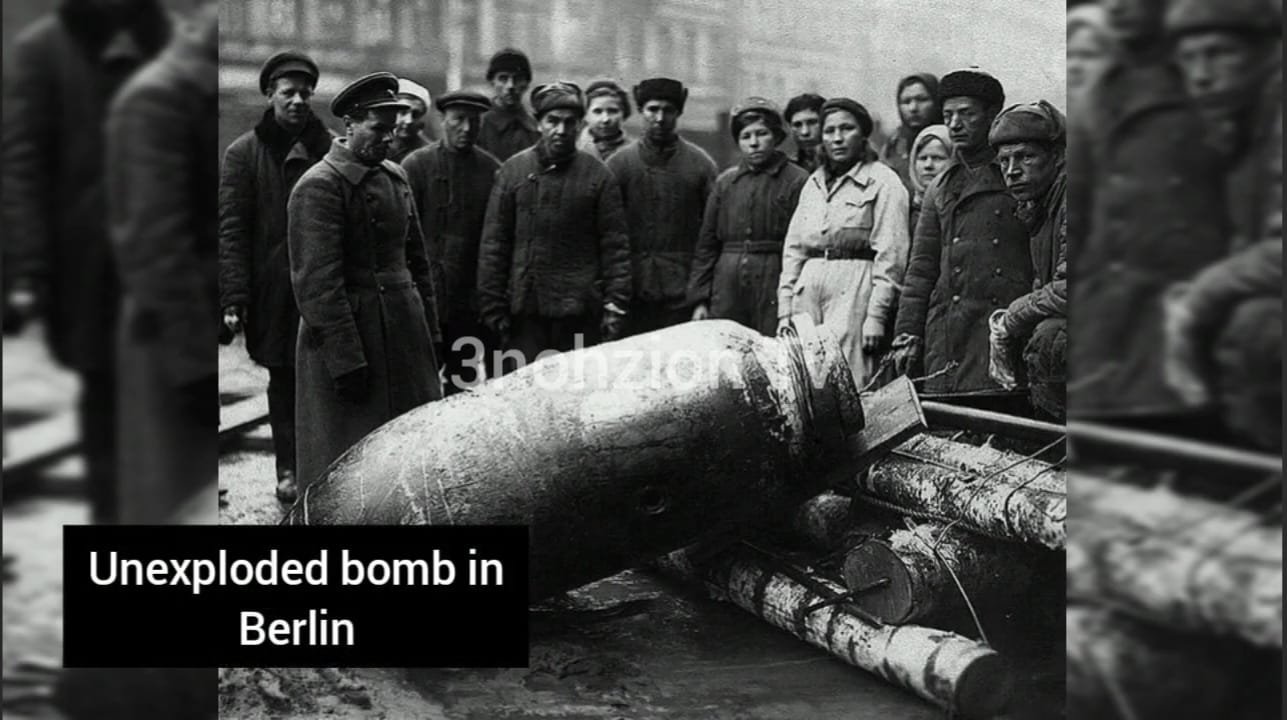
Frequently Asked Questions
A 19-year-old student at a school assassinated the Austro-Hungarian Prince. And this one incident triggered the war. A war that lasted four years, in which more than 20 million people lost their lives. A war in which several ancient empires came to an end. A war that was fought across multiple countries and continents. Today, we know of this war as World War I.
World War II started on September 1, 1939, when Germany, under Adolf Hitler, launched an invasion of Poland. This aggressive move violated international agreements and led Britain and France to declare war on Germany. The war was rooted in unresolved issues from World War I, including economic instability and rising nationalism. Totalitarian regimes in Germany, Italy, and Japan pursued aggressive expansionist policies. Germany sought to dominate Europe, while Japan aimed to control large parts of Asia. These ambitions triggered a global conflict that spread across multiple continents, involving many nations in one of history’s deadliest wars.
The USA entered World War II after the Japanese attack on Pearl Harbor on December 7, 1941. Before that, the U.S. remained officially neutral, though it supported Allied nations like Britain with supplies through programs like Lend-Lease. The surprise attack on the U.S. Pacific Fleet in Hawaii, which killed over 2,400 Americans, galvanized public support for war. The next day, the U.S. declared war on Japan. Shortly after, Germany and Italy, Japan’s allies, declared war on the U.S., pulling the country fully into the global conflict, fighting on both the European and Pacific fronts.
If Germany had won World War II, the global order would have been significantly altered. Nazi Germany’s goal of creating a vast empire across Europe might have resulted in the widespread enforcement of fascist ideologies. Racial policies, including the Holocaust, could have continued, leading to further atrocities and oppression of Jews, Slavs, and other minorities. European nations would have likely fallen under authoritarian control, with German dominance reshaping economies, borders, and political systems. The Axis powers, emboldened by victory, could have expanded their influence in Asia and Africa. This alternate outcome might have stunted the rise of international organizations like the United Nations and hindered the spread of democracy, fundamentally changing the post-war world order.

